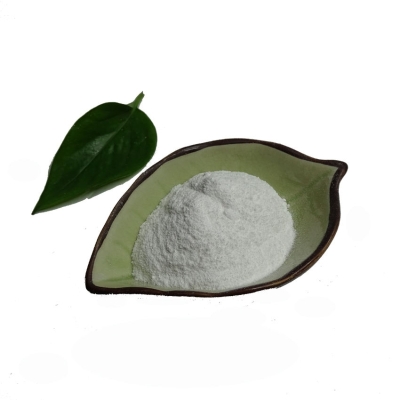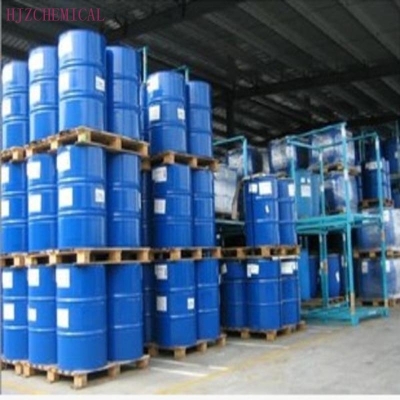-
Categories
-
Pharmaceutical Intermediates
-
Active Pharmaceutical Ingredients
-
Food Additives
- Industrial Coatings
- Agrochemicals
- Dyes and Pigments
- Surfactant
- Flavors and Fragrances
- Chemical Reagents
- Catalyst and Auxiliary
- Natural Products
- Inorganic Chemistry
-
Organic Chemistry
-
Biochemical Engineering
- Analytical Chemistry
- Cosmetic Ingredient
-
Pharmaceutical Intermediates
Promotion
ECHEMI Mall
Wholesale
Weekly Price
Exhibition
News
-
Trade Service
According to reports, a few days ago, Cambridge University chemistry professor Claire Gray and her team have overcome the technical difficulties in the development of lithium-air batteries, or will give birth to rechargeable super batteries
.
Such batteries store five times more energy in a given space than the best batteries available today, greatly extending the range of electric vehicles and potentially dramatically improving the economics of
power storage.
Compared with the lithium-ion technology prevalent in current rechargeable batteries, lithium-air batteries have huge theoretical advantages, and their energy density may be 10 times higher, so that researchers around the world are conducting research
on lithium-air batteries.
A research paper in Science shows that the Cambridge team tackled some of the practical problems of the technology, especially chemical instability
.
Previously, lithium-air batteries would show rapid performance degradation due to this chemical instability
.
The basic chemistry of lithium-air batteries is very simple
.
This battery is discharged by combining lithium and oxygen to form lithium peroxide, and then recharging
by applying an electric current to reverse this process.
The challenge
is to reliably make these reactions recur over many cycles.
The researchers say the battery system demonstrated in the Cambridge lab is 90 percent efficient and can be recharged 2,000 times
.
But they say it could take at least another 10 years of work to turn the battery into a commercial battery
that can be used for cars and grid storage.
Grid storage is used to store electricity from solar and wind power plants intermittently for use
when needed.
According to reports, a few days ago, Cambridge University chemistry professor Claire Gray and her team have overcome the technical difficulties in the development of lithium-air batteries, or will give birth to rechargeable super batteries
.
Such batteries store five times more energy in a given space than the best batteries available today, greatly extending the range of electric vehicles and potentially dramatically improving the economics of
power storage.
Compared with the lithium-ion technology prevalent in current rechargeable batteries, lithium-air batteries have huge theoretical advantages, and their energy density may be 10 times higher, so that researchers around the world are conducting research
on lithium-air batteries.
A research paper in Science shows that the Cambridge team tackled some of the practical problems of the technology, especially chemical instability
.
Previously, lithium-air batteries would show rapid performance degradation due to this chemical instability
.
The basic chemistry of lithium-air batteries is very simple
.
This battery is discharged by combining lithium and oxygen to form lithium peroxide, and then recharging
by applying an electric current to reverse this process.
The challenge
is to reliably make these reactions recur over many cycles.
The researchers say the battery system demonstrated in the Cambridge lab is 90 percent efficient and can be recharged 2,000 times
.
But they say it could take at least another 10 years of work to turn the battery into a commercial battery
that can be used for cars and grid storage.
Grid storage is used to store electricity from solar and wind power plants intermittently for use
when needed.







